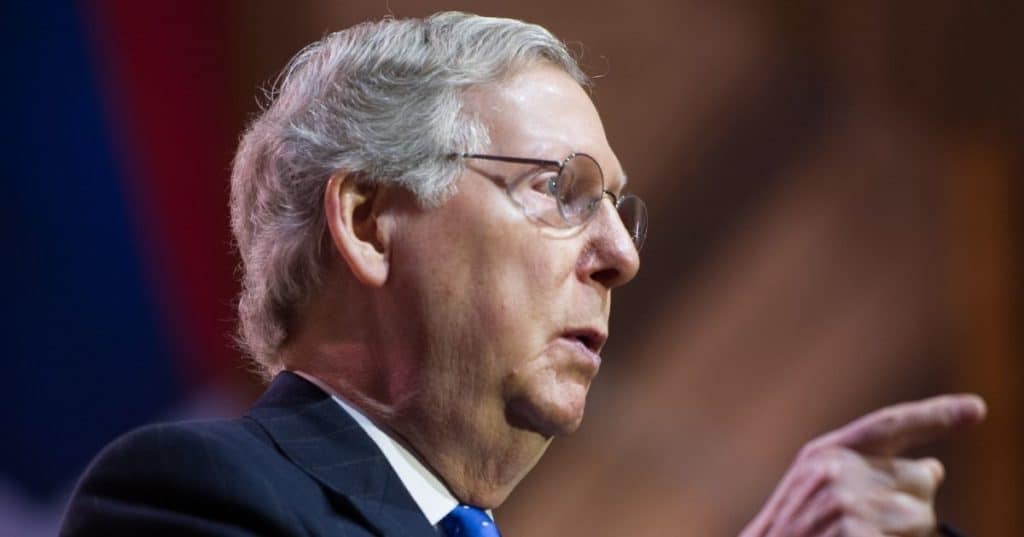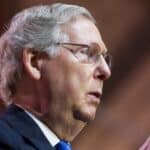



In the run-up to Election Day, a sweeping range of security preparations are being enacted across the United States by government bodies and private businesses alike, anticipating potential civil unrest.
Fox News reported that security measures including boarding up buildings and deploying the National Guard underscore the concern over potential disturbances.
As Election Day approaches, the anticipation of unrest has prompted a significant response from both the public and private sectors. Businesses and government agencies are securing buildings and public spaces to mitigate potential threats.
The Secret Service is implementing robust security protocols in Washington, D.C. This includes setting up barriers around key locations such as the White House and the vice president's residence to safeguard these critical sites.
Similarly, local businesses in major urban centers like New York, Portland, and the nation's capital are fortifying their storefronts. The visual of plywood going up over windows has become a common sight, reflecting widespread concern among business owners.
In Washington, D.C., local police are enhancing security measures at Howard University, where Vice President Kamala Harris is expected to be on election night. This move is part of a broader security strategy to ensure the safety of high-profile locations during the electoral process.
Further north, in states like Massachusetts, authorities are not taking any chances. Plans include deploying additional police forces at polling sites and activating the Homeland Security Operations Center to monitor and respond to any incidents.
The sense of urgency is not confined to the East Coast. On the West Coast, Governor Jay Inslee of Washington has activated the National Guard in response to the potential for election-related violence, highlighting the nationwide scope of the security efforts.
In Pennsylvania, innovative security strategies such as the placement of "protective boulders" around election offices illustrate local efforts to protect voters and election workers from potential threats.
The scale of the preparations can be seen in the installation of security fencing at significant federal buildings in the capital, including the White House, the U.S. Naval Observatory, and the Treasury Department, alongside less intrusive measures like bike-rack barriers around the Capitol.
Comments from the public reflect mixed feelings about the necessity of such extensive preparations. Ebony Boger, a worker in D.C., expressed her resignation to ABC 7 News, noting that while the measures are extreme, they are not surprising given past election unrest.
"It is completely ridiculous that we have to do this," Boger said. "It's very precautionary, and I see why because I was here four years ago, and it was crazy down here. It's not shocking. I'm kind of used to it. I think they should do it."
Lucas Argeles, a resident of D.C., echoed a similar sentiment in his statement to FOX 5. He highlighted the somber reality for local businesses feeling compelled to take such measures, hoping that they will ultimately be unnecessary.
"It is sad that it has to come to that," Argeles remarked. "I understand why store owners, especially local businesses, would want to do that. Even outside of the elections, there have been other instances where they should have boarded and they didn’t. It’s sad. It’s the reality. But I hope that this time it’s just a precautionary measure, nothing happens, and then, yeah."
A recent security bulletin has raised alarms about the potential for domestic violent extremists to exploit the election for violent ends. The bulletin warns of a "heightened risk" that some individuals may seek to initiate conflicts based on ideological disagreements.
"Through at least early 2025, there is a heightened risk that [Domestic Violent Extremists] may mobilize against ideological opponents, government officials, and law enforcement in an attempt to initiate a civil war," the bulletin noted, emphasizing the long-term nature of the threat.
This comprehensive security effort reflects a nation on high alert, taking lessons from previous elections to prevent violence and ensure the safety of its citizens during this critical democratic process.



